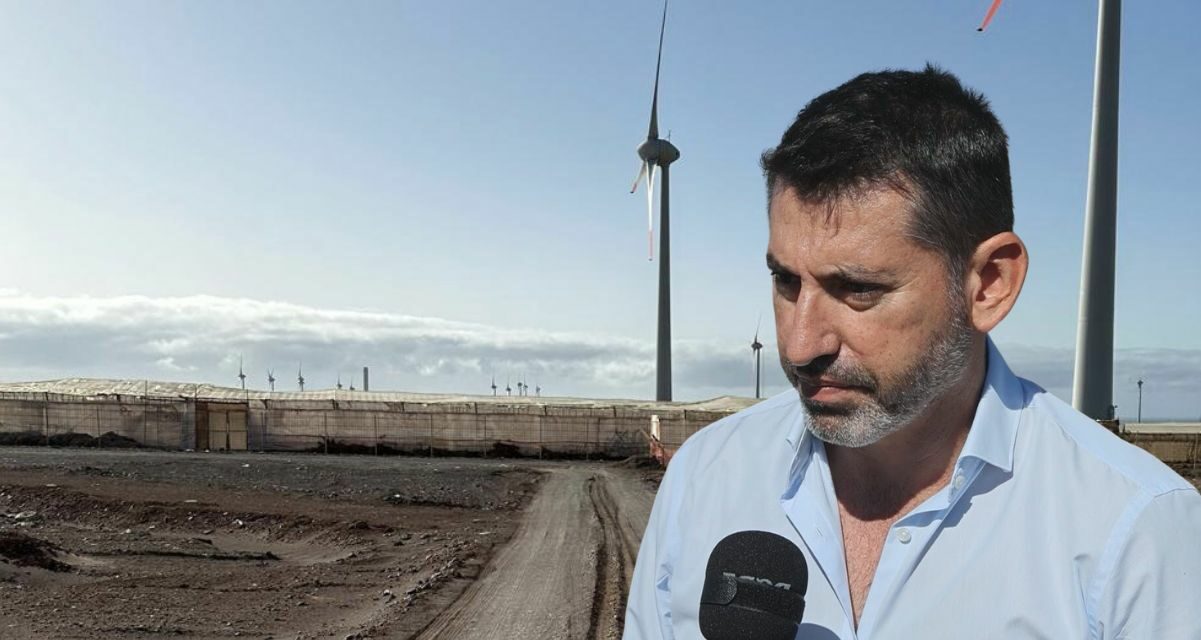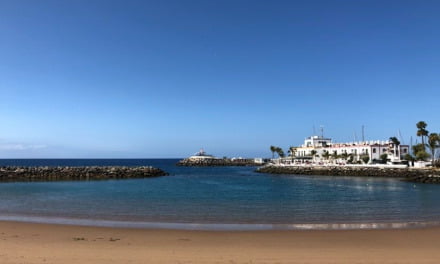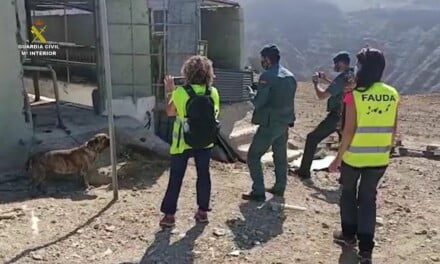According to the town hall of San Bartolomé de Tirajana, the Urbanism Department, led by Davinia Ramírez (CC), has this week reached an agreement with the company “Energy Solutions by Scandinavians” to temporarily halt earthmoving work around the neighbourhood of Juan Grande, being undertaken for the installation of a photovoltaic solar panel park. Under this agreement, the company has committed to resume these works starting in September. This decision is based on the fact that during the summer the wind’s strength increases in that area, but decreases in September, potentially significantly reducing the amount of dust generated when earth is moved.
During the month of August, the company will only perform fencing work in the area. From September onwards, when work resumes, they will water the area more frequently to keep the ground damp while working and will use gravel paths for trucks and heavy machinery to travel on. With these measures, the newly elected Urbanism Councillor states that “the company, aware of the current harm it has been causing to the residents, has shown its full willingness to adopt solutions that reduce the emission of suspended dust and stop harming the affected residents.”
In this way, the San Bartolomé de Tirajana municipality and the company Energy Solutions by Scandinavians have negotiated a solution after the Urban Discipline Service of the San Bartolomé de Tirajana City Council issued an execution order on July 20. This order required the company to implement all corrective and safety measures necessary to prevent the dust and dirt generated by the work on the three plots in the Juan Grande area.
The Deputy Mayor, Alejandro Marichal, points out that while the Urbanism Department’s goal is to “extend a hand to businesses to promote investments in the municipality, it is also a priority to defend the rights and well-being of the residents. Economic growth and social well-being can coexist, especially when it comes to investing in projects that promote sustainable growth and renewable energies.” In this regard, he added that negotiations are ongoing for the installation of a vegetation corridor that should protect local neighbourhoods from dust.
Regarding the complaint filed by residents with the Deputy of the Commons (an ombudsman-like figure) about the installation of a sewage sludge dryer in the same area, Marichal clarifies that the process was halted by the Government of the Canary Islands on June 26 of this year due to “the impossibility of continuing with the environmental impact assessment procedure.” For this reason, the project complained about by the residents “no longer exists.” However, Marichal notes that negotiations with the company, “in case they want to resume it,” include an agreement for the new project to have a ‘zero emissions’ premise, which will prevent unpleasant odours from reaching these neighbourhoods. They have also demanded that the entire process be “completely transparent and carried out with the input and guidance of the residents,” concludes Marichal.














